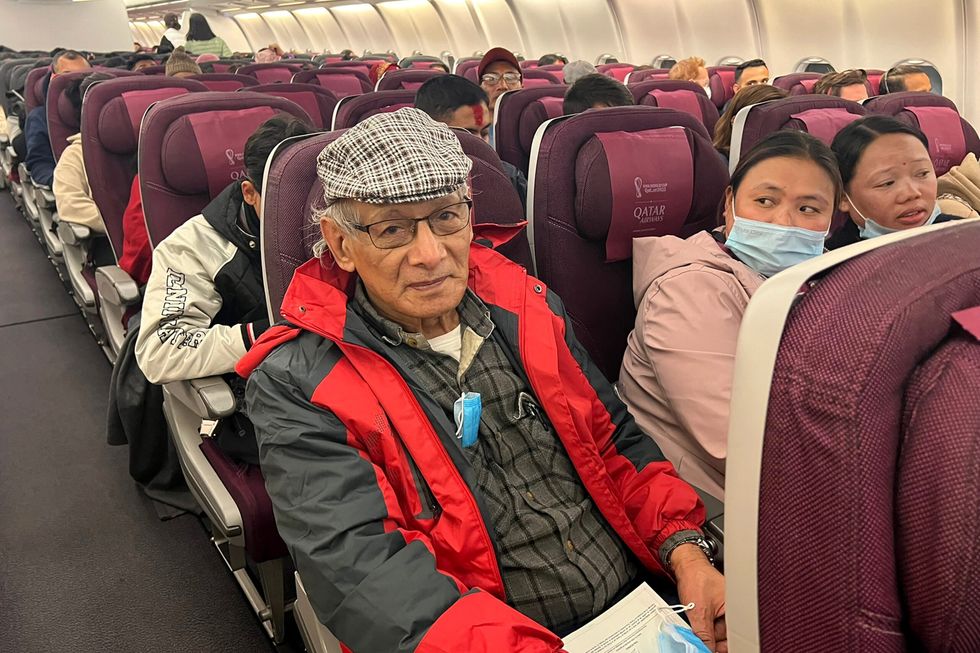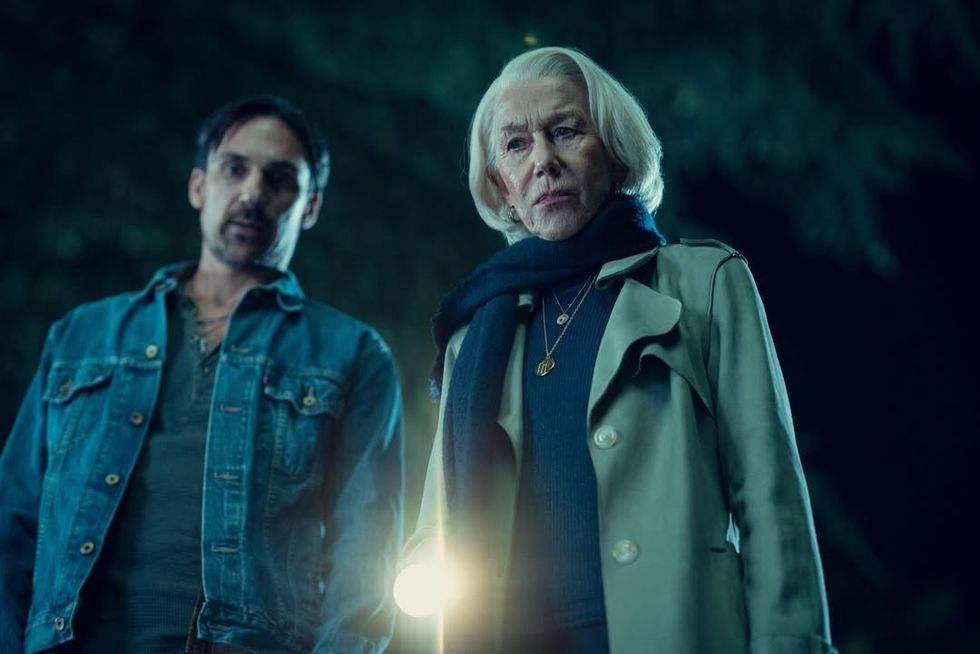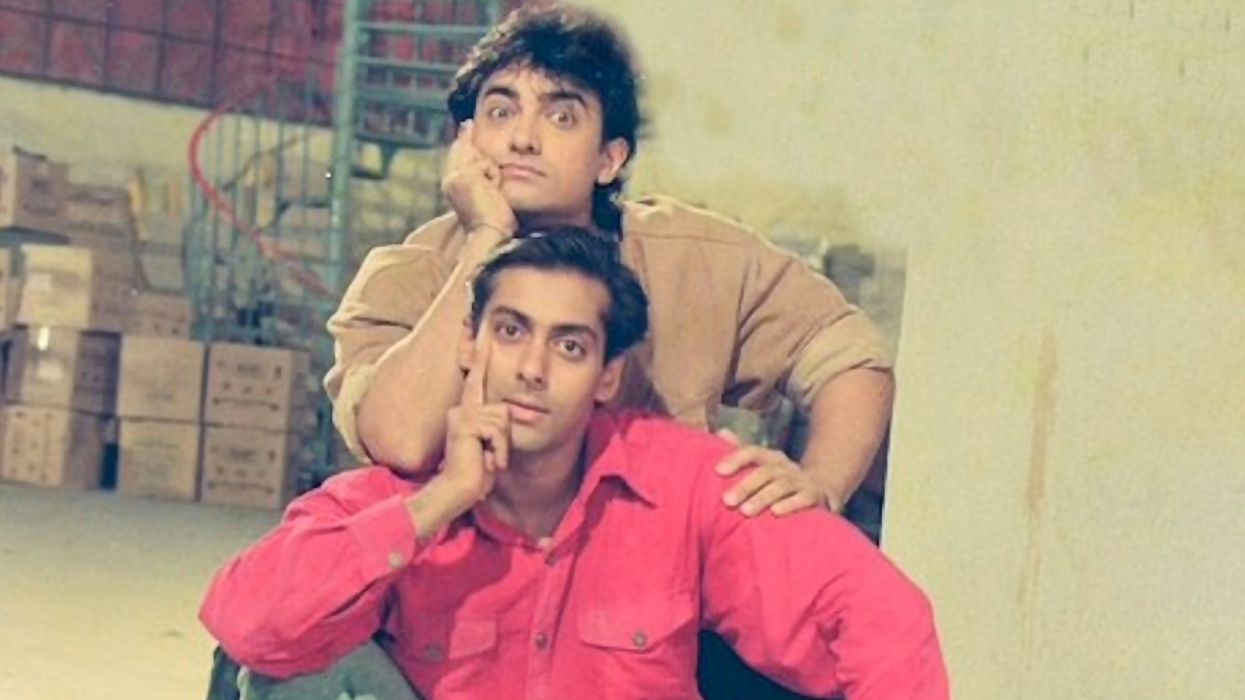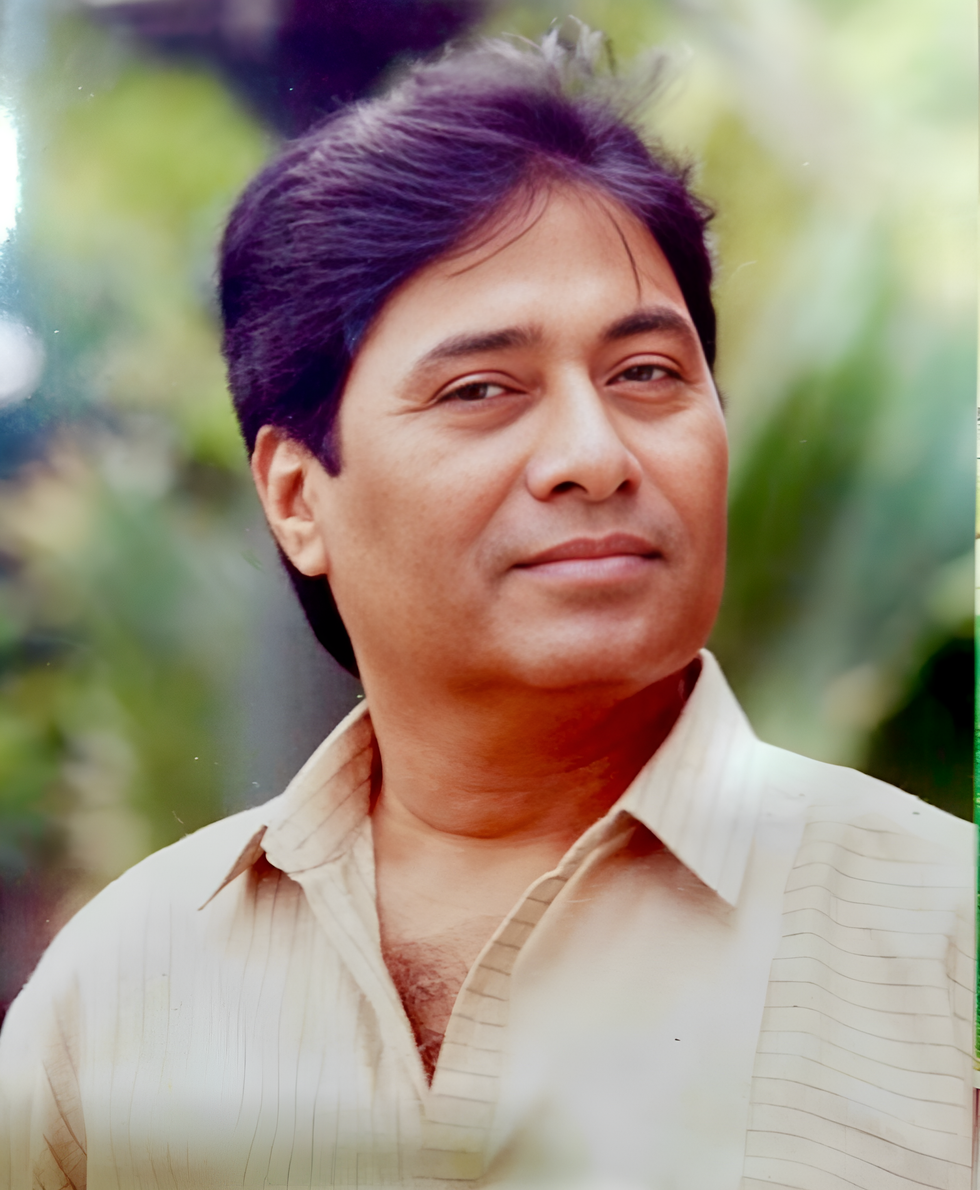Charles Sobhraj, the cunning criminal dubbed The Real Serpent for his ability to evade capture, has captivated audiences with his chilling story.
The BBC drama series reintroduced his case, but tonight Channel 4 offers a new perspective - a documentary featuring Sobhraj himself.
Charles Sobhraj, also known as the Bikini Killer, the Splitting Killer, and the Serpent, was a cunning criminal who terrorised Southeast Asia in the 1970s. The experts believe he may have murdered at least 20 tourists.
Sobhraj, now 79, has spent nearly half his life behind bars. Recently released from a Nepalese prison after almost two decades, he agreed to be interviewed and challenged on the killings he's linked to. This three-part documentary dives into the mind of this complex criminal.
Sobhraj's life of crime began in his 20s. A French national born in Saigon (now Ho Chi Minh City, Vietnam), he drifted between France and Southeast Asia, committing petty crimes. He was imprisoned in Afghanistan for thefts targeting hippies, he escaped, leaving a trail of victims in his wake.
Early life
Sobhraj was born in Saigon (now Ho Chi Minh City) in Vietnam in 1944. His parents were never married, and he had a difficult childhood, moving back and forth between France and Southeast Asia. He started committing crimes as a teenager and was first jailed in France in 1963.
He married a French woman named Chantal Compagnon, and they travelled together through Asia, often robbing tourists they met along the way.
How and when did he end up to become a serial killer?
He was intelligent and manipulative. He used his charm and good looks to gain people's trust and then take advantage of them.
He and his accomplices drugged, robbed, and even murdered their victims, earning him the nickname "the Serpent" for his ability to evade capture. He enjoyed the notoriety and the media attention he received.

Later life
Sobhraj's criminal network grew in the 1970s, with accomplices like Marie-Andrée Leclerc and Ajay Chowdhury, he preyed on tourists along the hippie trail in South Asia. He used to drug, and then rob later murdering his victims, Sobhraj earned his sinister nickname.
Sobhraj was eventually arrested in India in 1976 and sentenced to prison. He escaped a decade later but was recaptured. In the 2000s, he was convicted in Nepal for murders he committed in the 1970s.
He was released in 1997, he returned to Nepal in 2003, where he was finally convicted for murders committed in the 1970s.
Sobhraj's life story has been the subject of books, documentaries, and even a television series. He remains a figure of fascination and revulsion, a reminder of the darkness that can lurk beneath a charming facade.
However, in a surprising turn of events, Sobhraj was released in December 2022 due to his age. He is now back in France, he remains a figure of fascination and revulsion. The upcoming documentary promises a deeper understanding of this notorious criminal and the crimes that continue to haunt him.






 A scene from The Thursday Murder Club, where four retirees turn amateur detectives in a quiet British village shaken by a real murderInstagram/NetflixUK
A scene from The Thursday Murder Club, where four retirees turn amateur detectives in a quiet British village shaken by a real murderInstagram/NetflixUK










 Stills from Andaz Apna Apna
Stills from Andaz Apna Apna Stills from Andaz Apna Apna
Stills from Andaz Apna Apna Vinay Kumar Sinha
Vinay Kumar Sinha

Rahul’s casual dismissal of that controversy has added fuel to the fire
Rahul Bhatt sparks controversy over 'insensitive' remarks about sisters Alia and Pooja Bhatt
Rahul Bhatt, fitness trainer and son of veteran filmmaker Mahesh Bhatt, has found himself at the centre of a social media storm following controversial remarks about his half-sister, Alia Bhatt. In a recent interview, Rahul drew comparisons between Alia and their older sister Pooja Bhatt, calling the latter more talented, attractive, and principled.
The comments, which many have labelled inappropriate and insensitive, have sparked widespread criticism online. During the interview, Rahul stated, “In my opinion, she (Alia) is not even half of what my real sister Pooja is. Not in talent, not in looks, not in terms of being sexy. In front of my sister, she is ‘paani kam chai’ (watery tea). Amongst the siblings, the most talented and the most moralistic is Pooja.”
Social media users reacted strongly, questioning why Rahul would compare his sisters in such personal terms. Several users were particularly disturbed by his reference to their appearance and sex appeal, pointing out that such comparisons within a family cross boundaries of propriety. One comment read, “This is disturbing. Why talk about your sisters like that? It’s not just weird, it’s wrong.” Another post said, “There’s nothing respectful about comparing your siblings’ attractiveness in public.”
The backlash also reignited conversation around a decades-old controversy involving Mahesh Bhatt and Pooja Bhatt. Rahul was asked about the infamous 1990s magazine cover where the father-daughter duo shared a kiss, which had stirred public outrage at the time. Dismissing the criticism, Rahul said, “It doesn’t make any difference. It’s like water off a duck’s back. We know the truth, and we’ve seen everything since childhood.”
Rahul’s casual dismissal of that controversy has added fuel to the fire, with critics saying it reflects a broader issue of the Bhatt family being insensitive to public perception and boundaries. Many users questioned the need for bringing up old incidents in a bid to defend new and equally questionable statements.
As of now, neither Alia Bhatt nor Pooja Bhatt has issued any public response to Rahul’s remarks. Both actors, known for their significant contributions to Indian cinema, have typically kept family matters private despite living in the public eye.
This episode has also sparked debate over the role of public figures in maintaining respect when discussing family matters in the media. Observers say such comments, especially when involving women’s appearance and personal qualities, reinforce problematic attitudes and fuel unnecessary controversies.
While Rahul Bhatt is not as prominent in the entertainment industry as his father or sisters, his comments have made headlines and placed the Bhatt family in the spotlight for reasons beyond their creative work. For many, this serves as a reminder that public platforms come with responsibility, and that family ties should not be trivialised or dissected for attention or comparison.
The backlash is unlikely to subside soon, especially as fans and followers of Alia and Pooja continue to express disappointment over the way the situation has unfolded. Whether or not Rahul chooses to clarify or apologise remains to be seen.